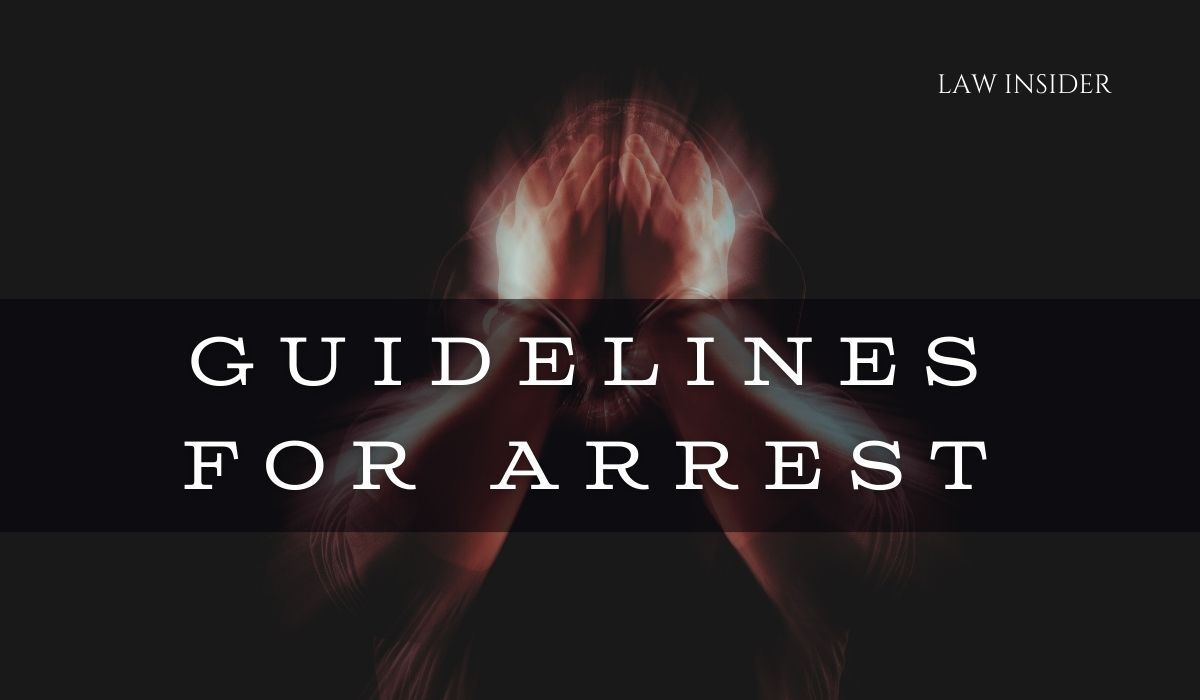LI Network
Published on: 1 August 2023 at 13:56 IST
The Supreme Court has issued a significant directive on Monday, ordering all High Courts and Directors General of Police (DGPs) in various states to issue circulars, notifications, and instructions to strictly adhere to the guidelines on arrests established in the 2014 Arnesh Kumar case (Md. Asfak Alam v. State of Jharkhand and Another).
In the 2014 Arnesh Kumar case, the Supreme Court took note of the misuse of Section 498A (cruelty to women) of the Indian Penal Code, particularly concerning dowry-related demands.
To curb the misuse of this law, the Court had laid down guidelines to ensure that arrests are made only when absolutely necessary.
The division bench, consisting of Justice S Ravindra Bhat and Justice Aravind Kumar, has now directed High Courts to frame the directions issued in the Arnesh Kumar case as notifications and guidelines to be followed by Sessions Courts and other criminal courts. Additionally, the DGPs of all states have been directed to strictly comply with these guidelines.
The Court has mandated that these directives, guidelines, and departmental circulars be issued within eight weeks. Furthermore, the concerned authorities are required to file an affidavit of bcompliance before the Supreme Court within ten weeks.
This order came in the context of granting bail to a man facing various charges in a matrimonial dispute, including dowry harassment, cruelty, and criminal intimidation. The bench noted that the High Court had mechanically rejected the accused’s anticipatory bail plea, instructing him to surrender before the trial court and seek regular bail instead.
The Supreme Court reiterated that bail should generally be granted, considering an individual’s right to personal liberty under Article 21 of the Constitution. While acknowledging that in severe cases, the Court may exercise discretion to grant or reject bail based on factors such as the gravity of the alleged offense and the likelihood of the accused absconding, it found no compelling reasons to disallow bail in the present case.
The bench further pointed out that since the chargesheet had been filed, the High Court should have granted bail as a matter of course. Therefore, the Court set aside the High Court’s order and allowed the bail plea.

